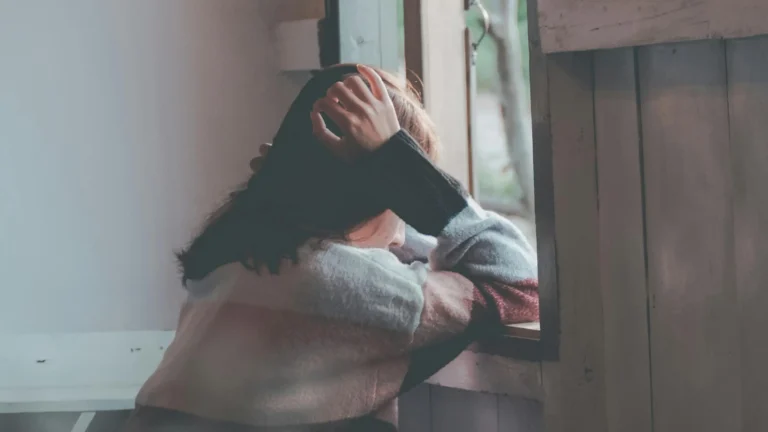NEW YORK (February 17, 2006). MIM President Robert Peters had the following comment in response to news media reports that, according to hunting and legal experts, Vice President Dick Cheney was “at fault” in the accidental shooting of Harry Whittington:
“Yes even a Vice President can make a near-tragic mistake, and perhaps the experts (“Hunters: Safety ignored,” & “Lawyers: VP can be held liable for shot,” Newsday , 2/16/06) are correct when they said:
- ‘It’s always incumbent on the shooter to make sure that he’s shooting into a safe area.’
- ‘If you’ve got the gun, you have a very high standard of care because it’s lethal.’
- ‘Cheney could…face a negligent homicide charge if Whittington died and…[he] should have known he was creating a “substantial and unjustifiable risk” of shooting another hunter.’
“But shouldn’t similar principles apply when the media not only relentlessly glamorize and graphically depict deadly gun violence but recklessly and even purposefully exhibit it to children, despite evidence that children are adversely affected by media violence and do commit copycat crimes?
“To my knowledge, no one is demanding that the media never depict deadly violence or that the media be held strictly liable for copycat crimes. Clearly, there are legitimate First Amendment concerns at stake, in addition to concerns about public safety.
“But to go to the other extreme, as the courts have done, and to effectively shield the media from all liability for its negligence, recklessness, gross negligence, and even depraved indifference for human life is, to put it graciously, sheer folly. In Near v. Minnesota (1931) a more true-to-the-purpose of the First Amendment and a much more socially responsible Supreme Court wrote:
‘In the first place, the main purpose of…[freedom of speech and of the press] is to prevent all such previous restraints upon publications as had been practiced by other governments and they do not prevent the subsequent punishment of such as may be deemed contrary to the public welfare…[I]t is recognized that punishment for the abuse of the liberty accorded to the press is essential to the protection of the public.’” Author: Morality in Media 02/17/2006



